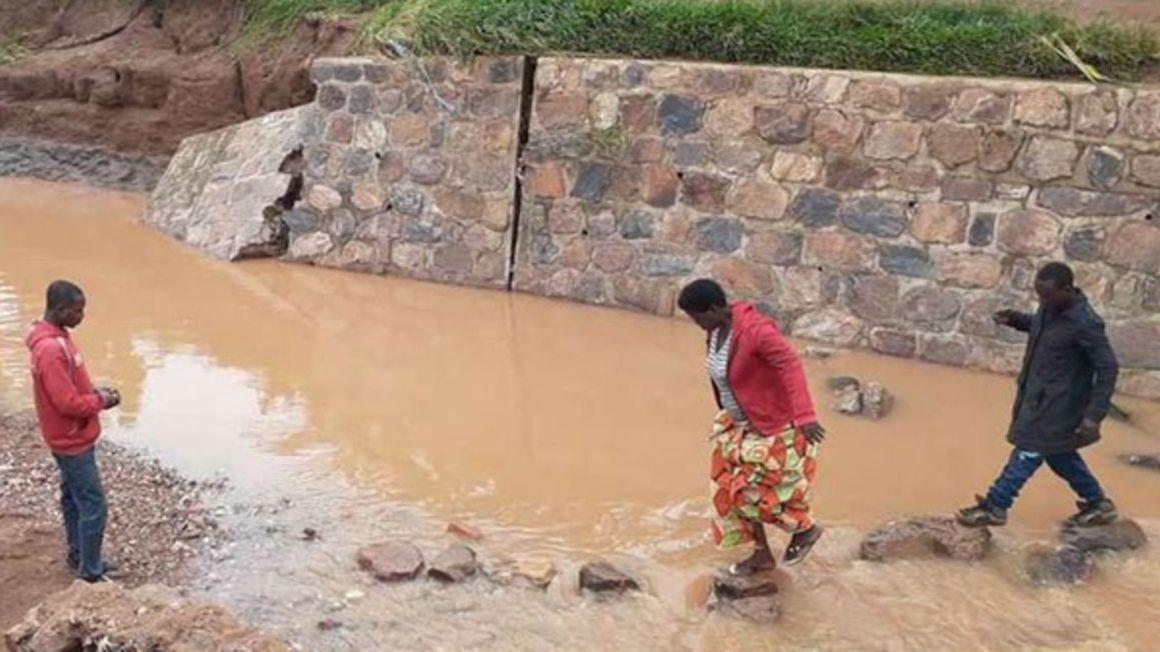Africa-Press – Rwanda. For the past five years, rainy seasons have been a nightmare for some Rwandans. Floods and landslides have taken hundreds of lives, ruined houses and crops belonging to mostly already vulnerable residents in Kigali and across the country.
Available data by the Ministry in charge of Emergency Management show that Rwanda has experienced over 3,309 disasters within the period of 2011-2019. Between 2018 and 2020, 678 people lost their lives to floods, around 30,000 houses were damaged, and over 31,000 hectares of crops were destroyed.
For some provinces, the sunny season was equally daunting. Draughts that led to minor famines have been recorded especially in eastern Rwanda, the most vulnerable area to climate change. Such events and experiences have subjected vulnerable families to poverty and slowed human development.
As indicated by the 3rd National Human Development report launched by the UNDP and the Ministry of Finance and Economic Planning early August.
Human Development slowed down since 2016 due to natural disasters. The report points out that this was due to the fact that almost 90 percent of the population depend on the natural resources for their livelihood — land, water, minerals, ecosystems and forests, that are primarily affected by climate change shocks.
The issue adds to Rwanda having a high sensitivity to climate change and a low adaptive capacity, and thus high vulnerability despite its comparatively minimal contribution to global greenhouse gas emissions.
With Covid-19 pandemic disrupting all aspects of human development during the last year and months, the situation is likely to exacerbate.
The recent Intergovernmental Panel on Climate Change Report projects that in the coming decades climate changes will increase in all regions.






